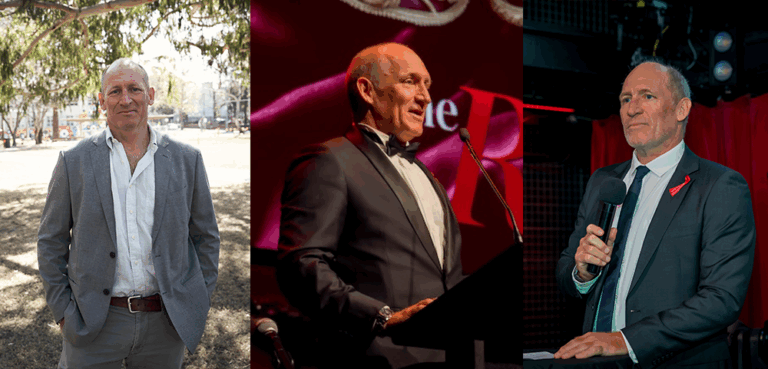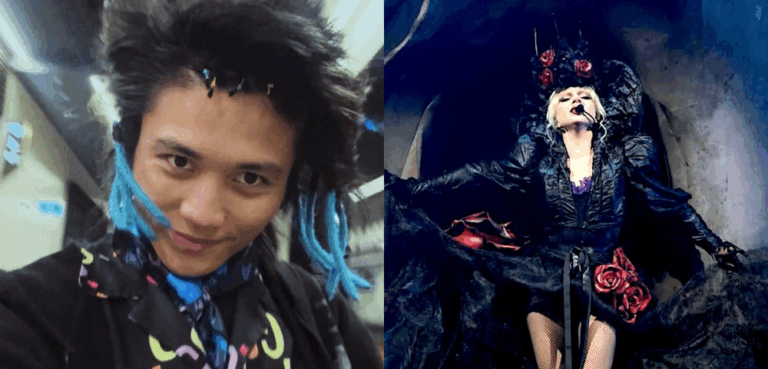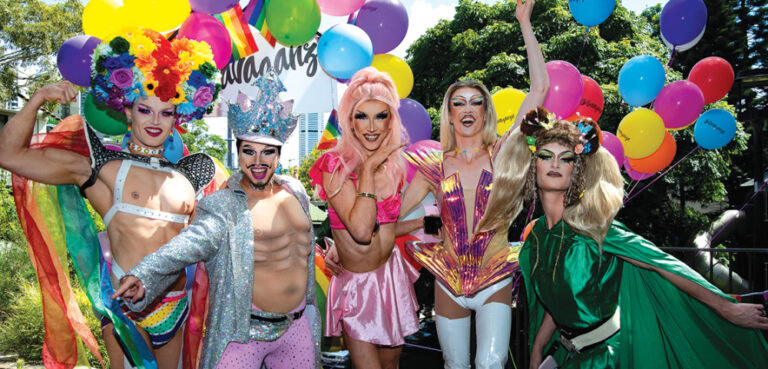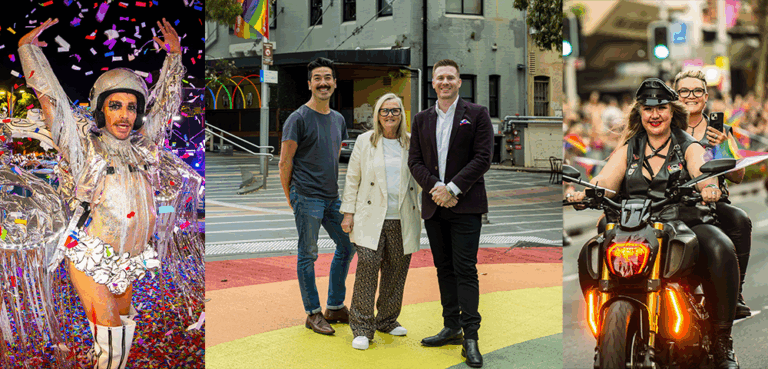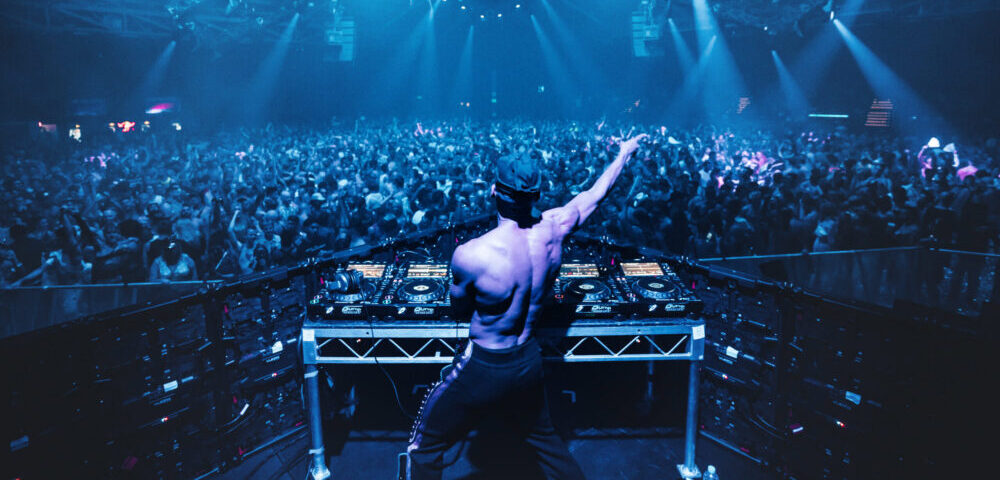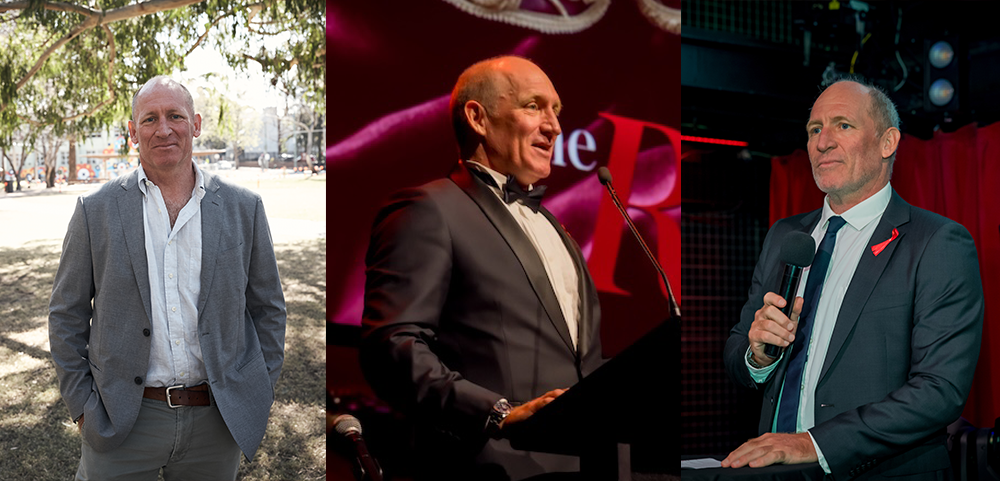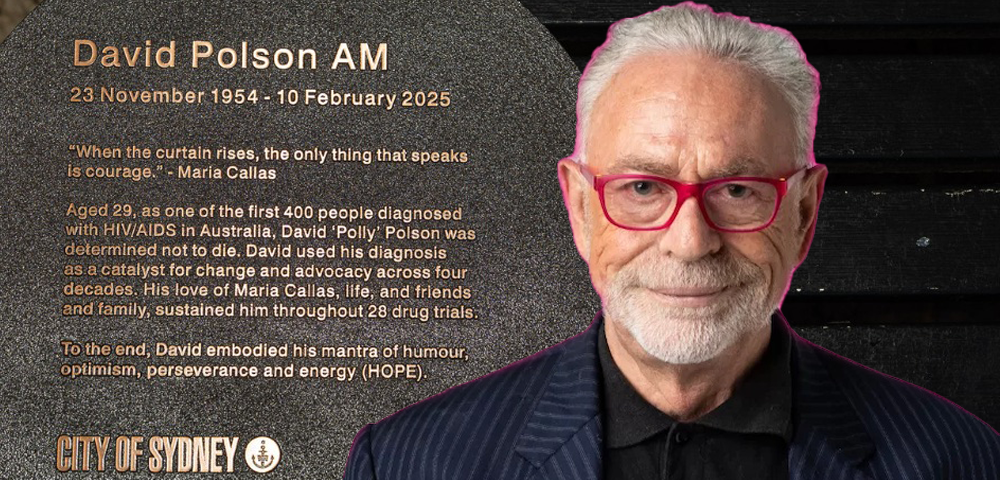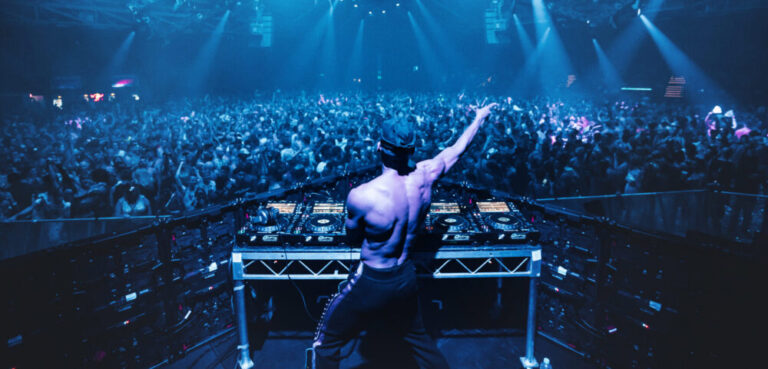
Killer Queen, silly musical
There’s a very telling moment in We Will Rock You when the band starts playing the clap-clap thump; clap-clap thump of the title song -“ and the audience begins clapping unprompted.
Voluntary and enthusiastic audience participation is eerie to watch, partly because it’s so Nuremberg Rally, but also because in Sydney at least, audiences tend to baulk at it.
But We Will Rock You pushes the buttons with such Shiatsu precision, few resist. Not even the irony of a plot glorifying individualism stops the crowd from clap-clap, thumping like deranged seals.
Why no clapping from my seat? This reviewer’s not adverse to the greatest-hits-musical. I liked Taboo. I cried in The Boy From Oz.
The answer is because it didn’t feel like my show at all, despite the distinctly queer source material. So what happened?
To start at the very beginning, the idea of creating a musical based on the songs of Queen emerged not long after Freddie Mercury’s death in 1991 of AIDS-related bronchial pneumonia.
The first draft was in the form of a biographical play, a version eventually dismissed as unworkable.
Then stand-up comic and TV writer Ben Elton was approached to write the book, which he set in the future at a time when rock music was banned. Partly a satire on globalisation, We Will Rock You was also structured around a heterosexual romance.
The show then became a huge hit on London’s West End and did a perfectly respectable nine months in Melbourne.
It’s easy to see why audiences love it. The songs are undeniably catchy pop anthems and they’re integrated in an engaging way. Elton also knows his audience very well, and hangs the show on two jokes, which are repeated ad nauseam.
Joke 1: The play is set in the future, so characters misinterpret the past. For example, the rock-loving outcasts name themselves after forgotten legends, including one guy who says he’s Britney Spears.
Joke 2: Our hero hears song lyrics from rock history as voices in his head (he’s a visionary, a bit like Neo from The Matrix or, you know, Joan of Arc). He spouts these lyrics like a Triple MMM DJ with Tourette’s. Song lyrics spoken -“ hilarious.
Everyone (else) loved it, it seemed, but my main gripe was the show’s unnecessary exclusion of homosexuality.
Don’t get me wrong: not every narrative has to have poofs and dykes in it to be good (au contraire!). But shows set in the future which demonstrate a shyness about sexuality really grate, not to mention ones which lionise music rebels whose heroes include Boy George, Janis Joplin and, yes, Freddie Mercury.
Oh Freddie, perhaps this is the problem. The play literally puts you on a pedestal, in the form of a statue that rises, like the Lady of the Lake, to point to where rock music is hidden. It’s as camp a moment as any of Mercury’s androgynous stage antics, but also as devoid of any overt declaration of homosexuality as any Queen concert.
Perhaps this is the perfect Queen musical after all, a toe-tapping, thoroughly entertaining reflection of Mercury’s existence: a life spent hiding in the light.
